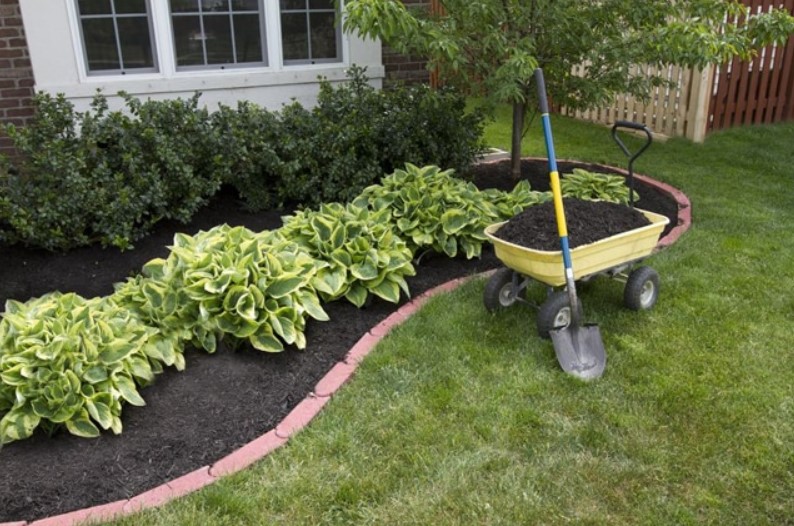
What you need to do, what mulching types are best for your garden, and how to prepare your garden for this critical process. First, you must decide what kind of mulch you want to use. If you are not sure which type of mulch to use, research different types of mulch on the internet. Then, you should prepare your garden for mulching. A few questions you may wanna ask you can ask or visit Stockbridge GA mulch delivery service. Digging out the beds is an essential step in this process—also, weed-proof your garden with landscaping fabric before mulching.
Misconceptions about mulch
One of the first things any experienced gardener learns is the value of mulch. Mulch not only protects plants from weeds but also keeps the soil moist. In addition, mulch breaks down over time and enriches the soil. However, many people are hesitant to mulch their gardens because of certain misconceptions. Hopefully, this article will dispel those misconceptions. Here are some of the most common myths about mulching your garden.
Tree trunks are not suitable for mulching. It is best to leave a gap between the box and mulch. This will keep moisture in the soil and prevent rot. Also, mulching plants that produce seedlings isn’t a good idea, as it suppresses seeding. Finally, don’t muddle the mulch around your trees or any other plants! To avoid this, make sure the mulch layer is about three inches thick. Moreover, remember that mulch does not need to be reapplied every year. You can consult an experienced mulch company to learn more about mulching your garden.
Insects love mulch. Bugs like worms, millipedes, and earwigs will live underneath the mulch. While this is a natural process, these creatures can still damage your plants. Especially young seedlings are more vulnerable to damage from insects. Using mulch properly is crucial to the health of your garden. If you aren’t careful, you’ll have a neglected garden.
Common mulches that aren’t good for your garden
While fresh, wet clippings are often used in compost piles, they are not good for mulching your garden. These materials can trap moisture, which can lead to a buildup of mold and heat. In addition, plant hulls can contain pesticides or herbicides. It is also not very aesthetically pleasing. So, if you’re wondering what to use as a mulch, here are some options you can skip:
Organic mulches are great for your garden, but you should be careful what kind you choose. Organic mulch is best for your garden because it acts as an insulator. This can help prevent heat-loving plants from heaving out of the ground. Alternatively, plastic mulches can keep the soil cooler during the warmer months. If you live in a colder climate, however, consider using plastic mulches.
Leaves are another option, though they can be expensive and can attract wildlife. In addition to being a free mulch, leaves add potassium to the soil. Be sure to cover them with a weed barrier because they need to be replaced several times a year. If you aren’t able to replace your leaves regularly, you can use dried tea leaves, walnut shells, pecan shells, and wood shavings.
Preparing your garden for mulching
You should start preparing your garden for mulching as soon as the plants have finished growing or died. To do this, you must remove any plant debris, weeds, and diseased plants. If your garden is already full of flowers, you can add a bit of fertilizer to the soil. For vegetables and herbs, you can use compost. If not, use a liquid fertilizer instead. Once your garden is ready for mulching, you can add mulch to the area and enjoy the benefits of organic fertilizer.
To spread mulch, you must create several small piles. After preparing the piles, shake the bag gently and evenly spread the mulch over your garden. Remember to leave a gap between each pile and the plants in order to prevent rot. A final layer should be between two and four inches deep. Make sure that you don’t underestimate the amount of mulch you’ll need. You can purchase additional bags of mulch at your local garden center or online.
Fertilize your garden regularly—sprouts and perennials like granular fertilizer. A spring fertilizer will help your flower beds pop, while annuals need water-soluble. Next, apply pre-emergent herbicide to help prevent weeds. This will also inhibit their growth. Lastly, you should fertilize the soil around your plants to help the mulch adhere to the roots.
